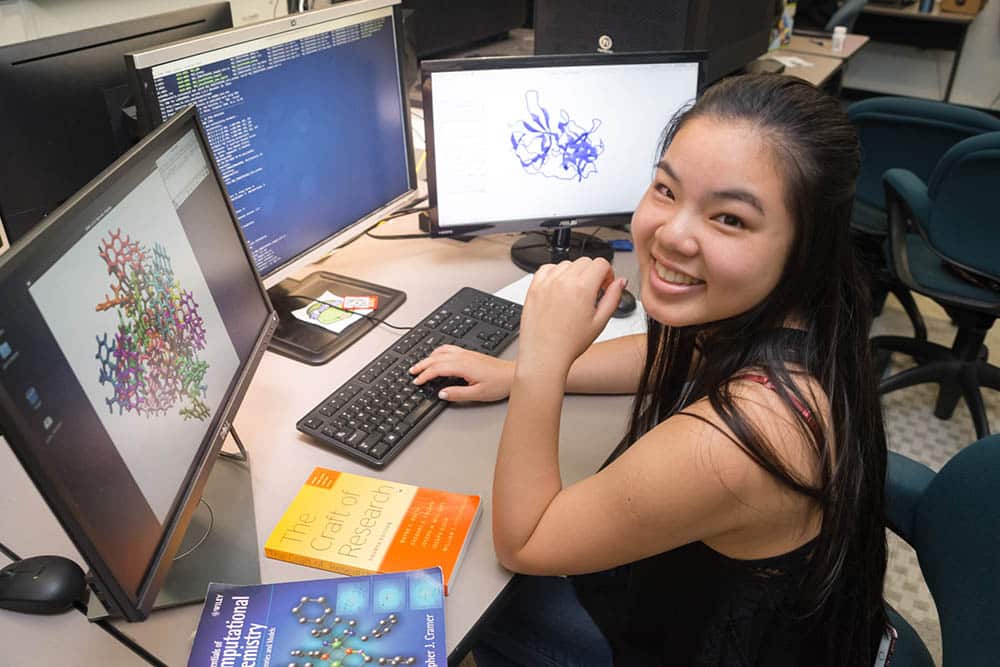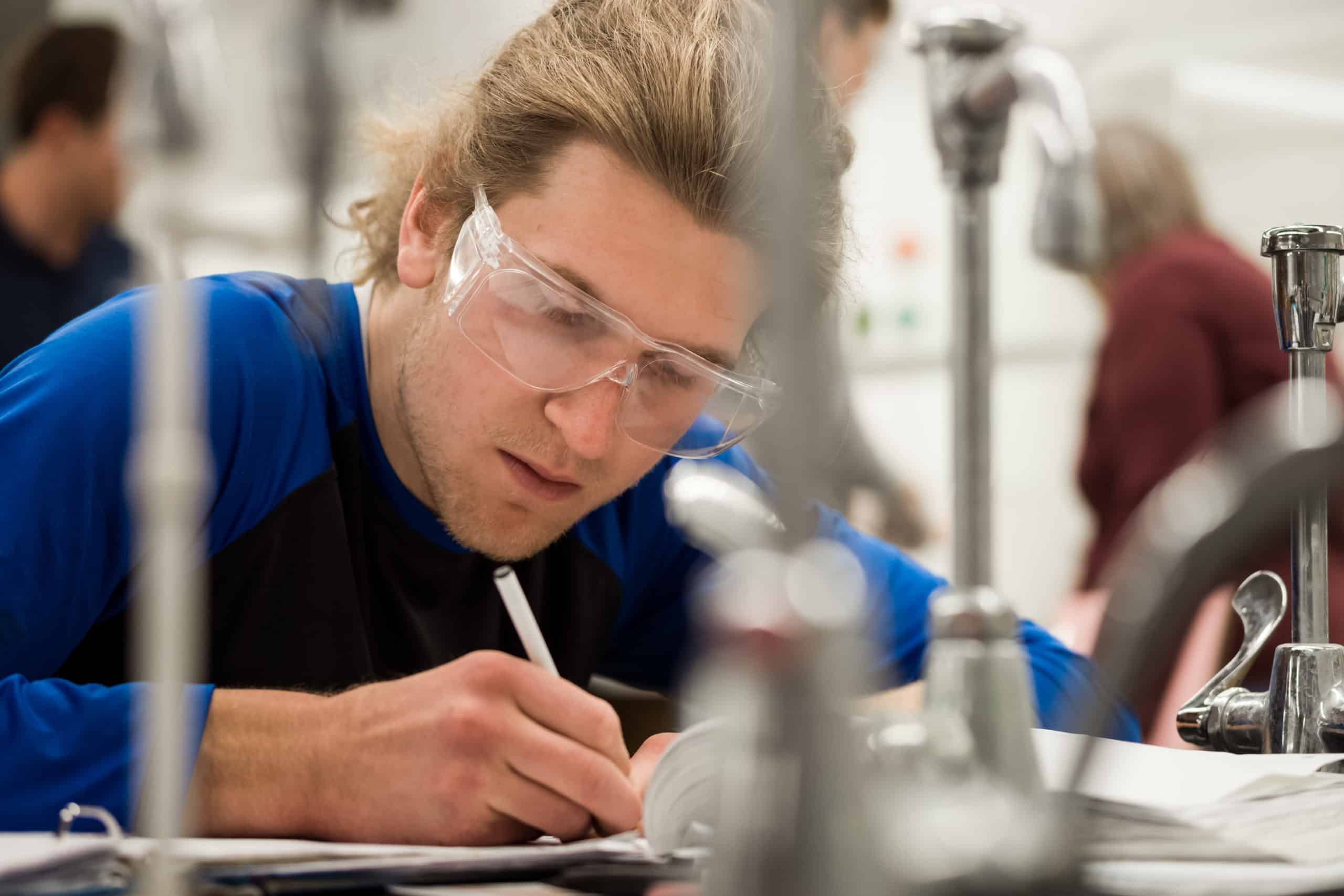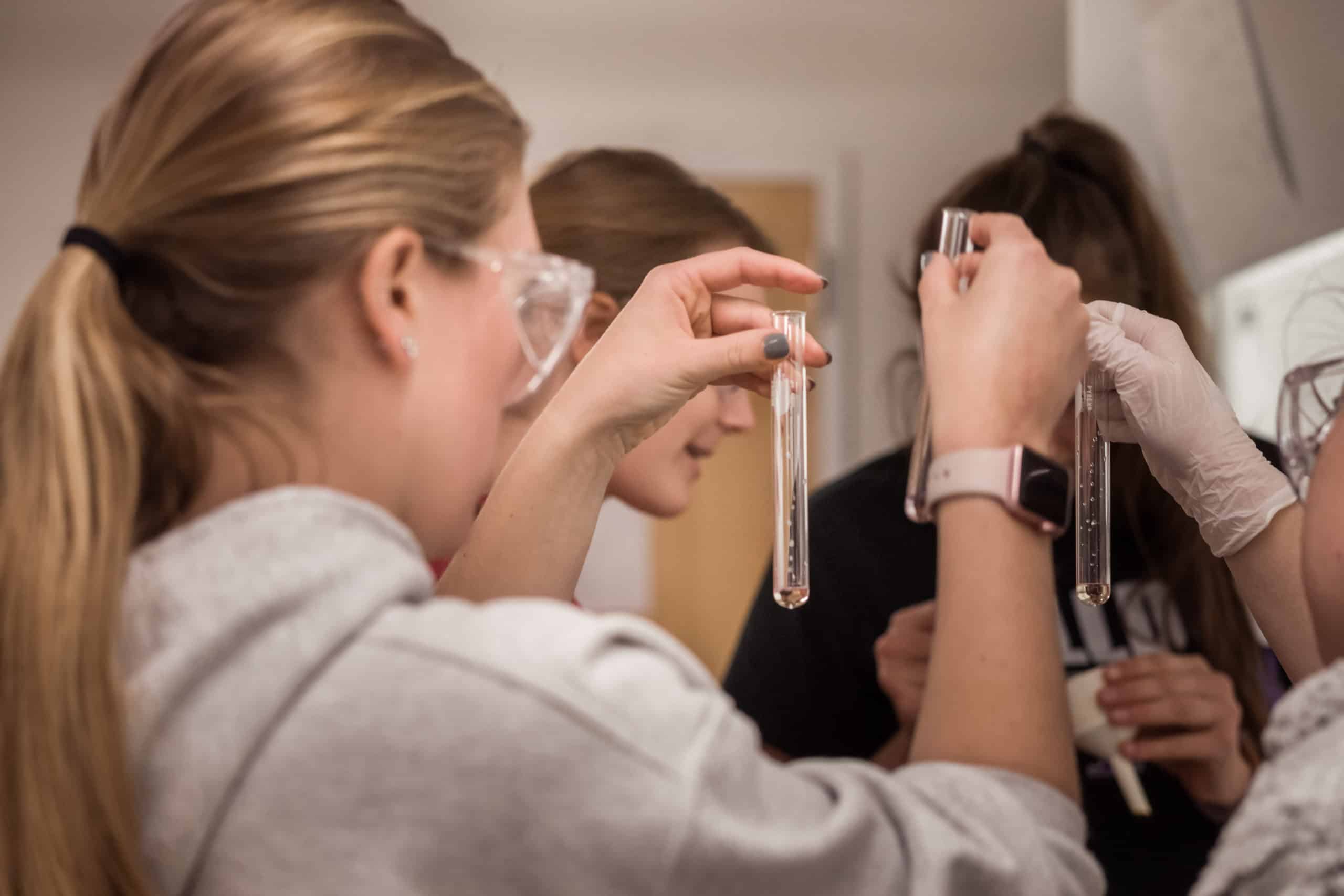
Truman’s programs in Chemistry and Biochemistry & Molecular Biology are designed to create a community of critical thinkers, problem solvers, and innovators through discovery and application. Combining classroom content with laboratory experience, students gain a balanced understanding of chemical foundations that govern the properties and behavior of all things. The faculty and the curricula challenge and support students in building their futures in areas such as materials science, pharmaceutical sciences, medicine, and basic and applied research.
The Physics Program offers a comprehensive education to help students gain a greater understanding of the universe and how it can be applied to life. With flexible academic paths, students can personalize their education to pursue a variety of areas from electronics and engineering to astronomy and other scientific applications. Students build close connections with their professors in this close-knit community while pursuing rigorous training in physics.
Academic Programs
Student Resources
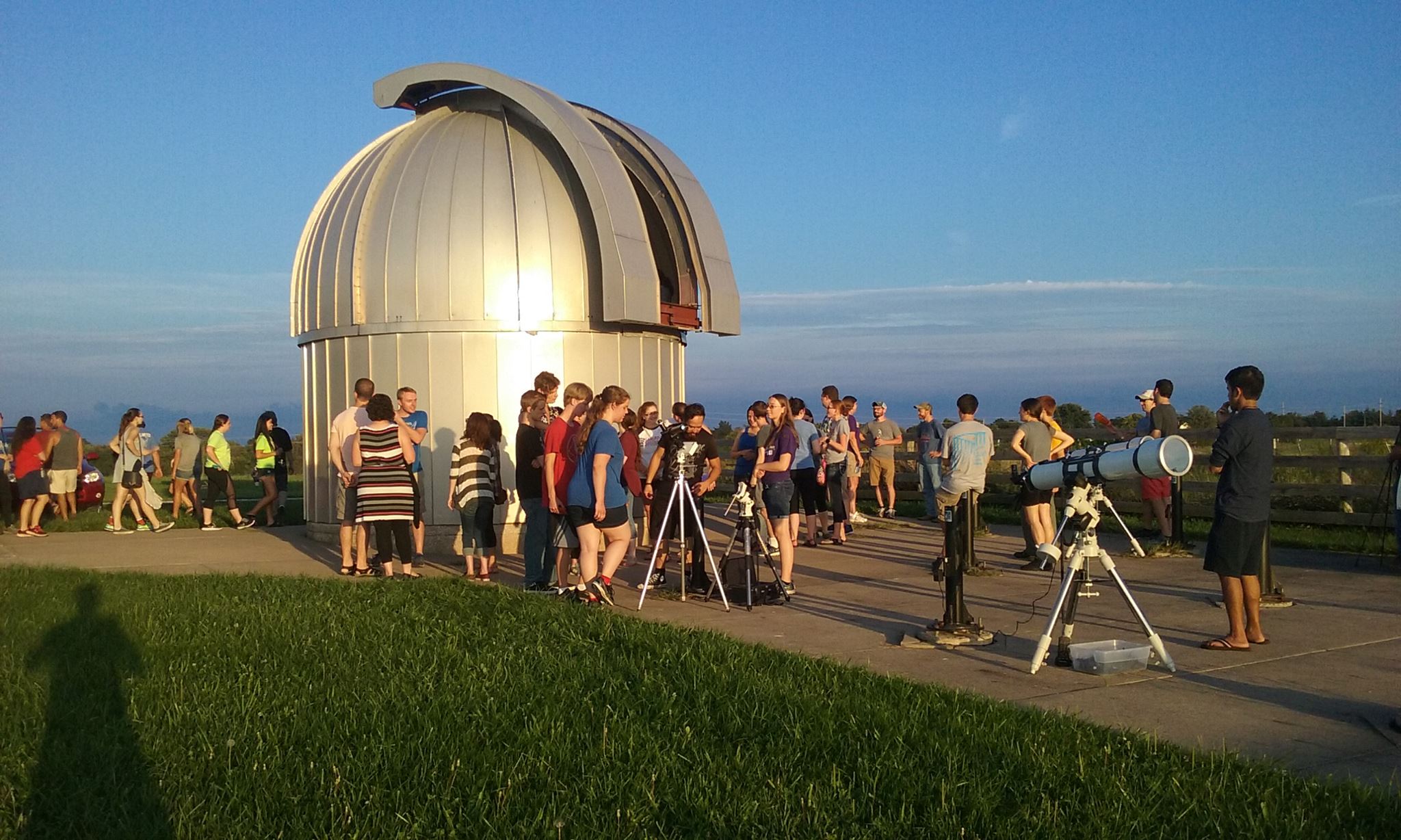
Observatory
Physics students have exceptional access to the University's Observatory, which is used by faculty and students engaged in astronomical research. The Observatory also holds viewing events open to the public.
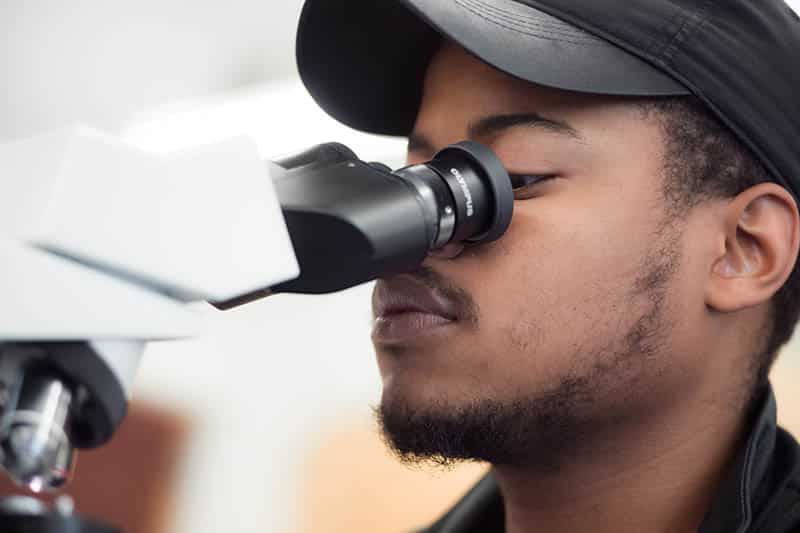
Facilities and Equipment for Chemistry
Students obtain hands-on experience with a host of modern techniques and chemical instrumentation to build a knowledge base to be able to solve challenging scientific problems.
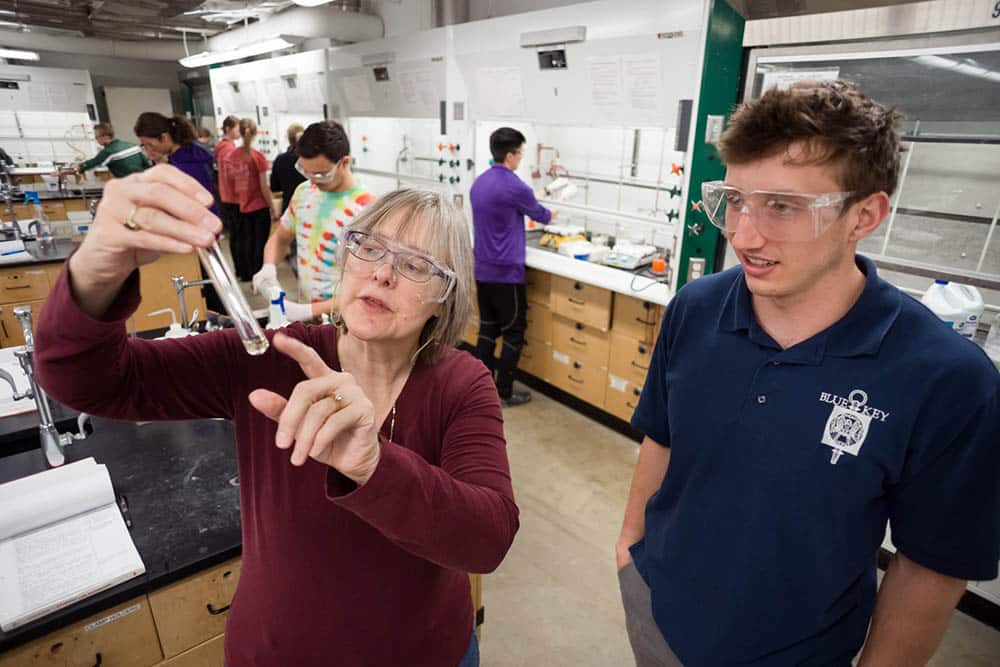
Chemistry Contact Center
Directed primarily toward students in 100- and 200-level courses, the Chemistry Contact Center (C3) offers help to all chemistry students. It provides an opportunity for students to get help from faculty members outside of class.
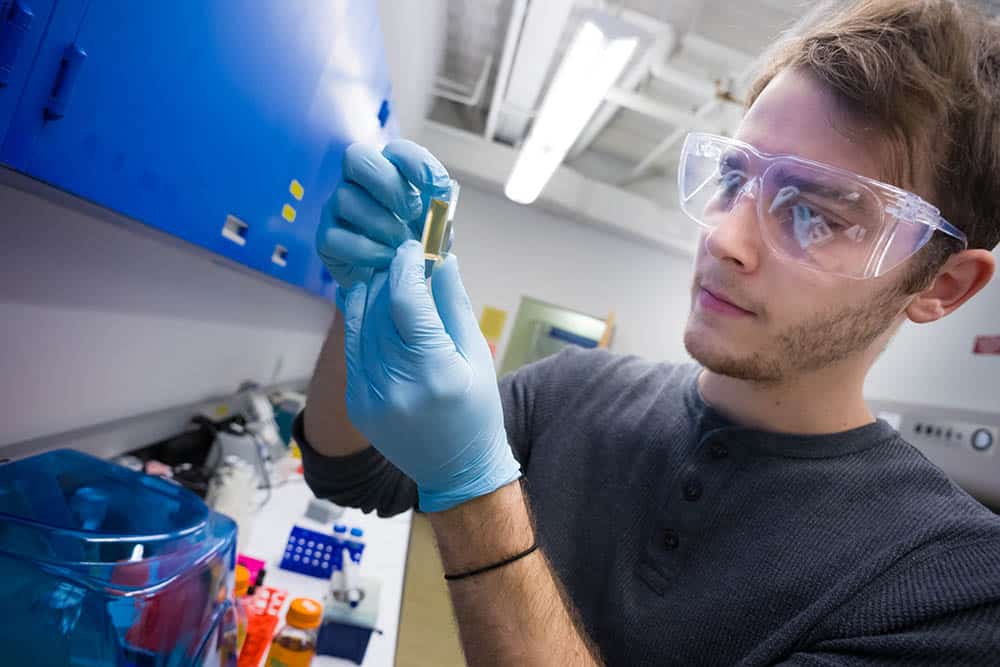
Chemistry Lab
Course-specific information, laboratory safety, and other helpful resources for chemistry students.
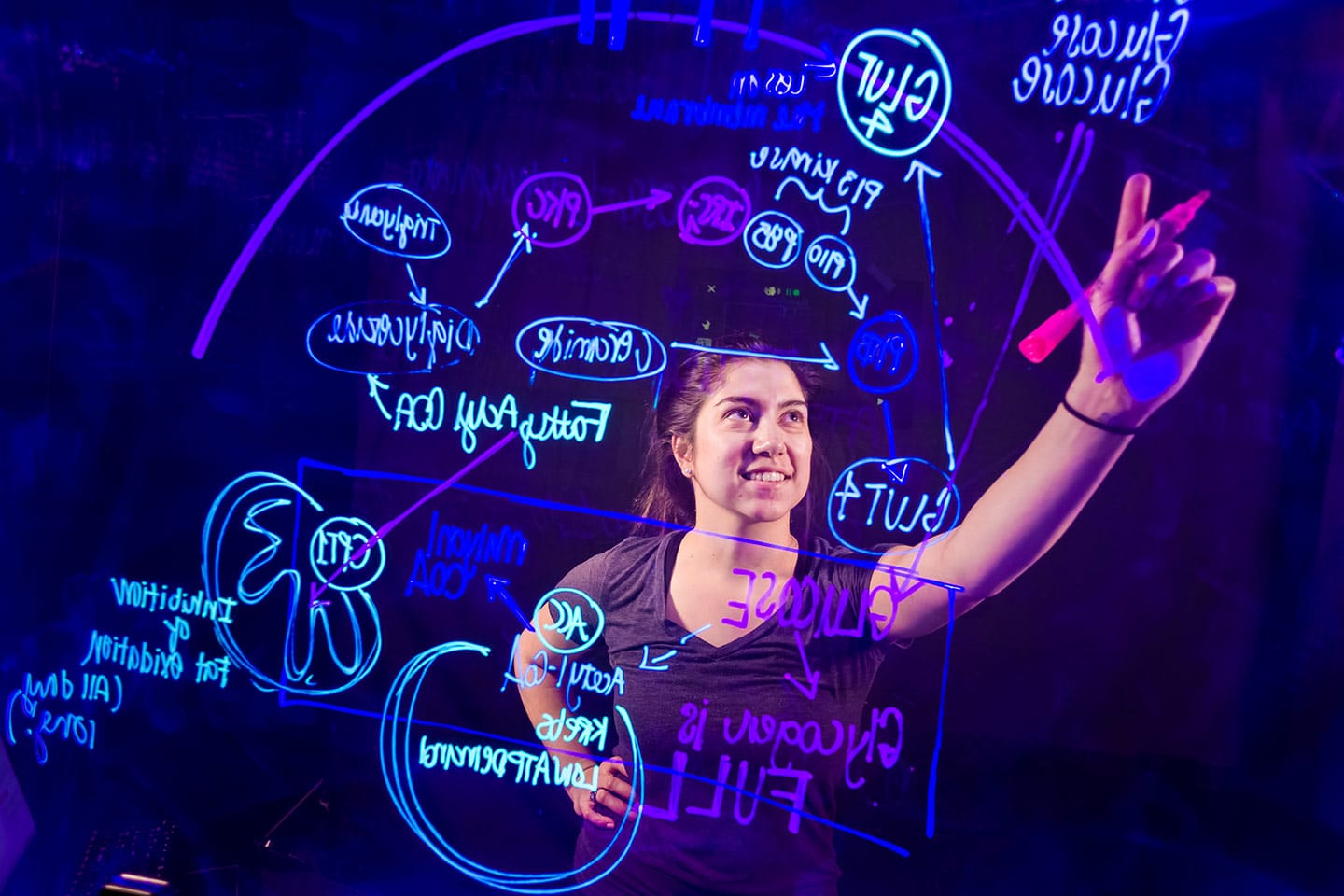
Chemistry Field Guide
Explore course objectives, necessary materials, and guidelines for the chemistry program.
